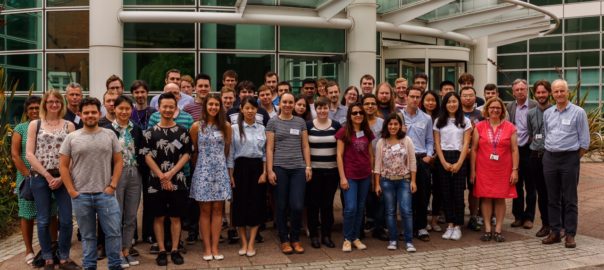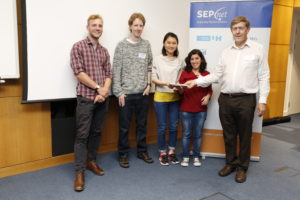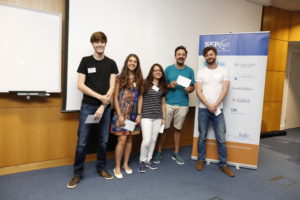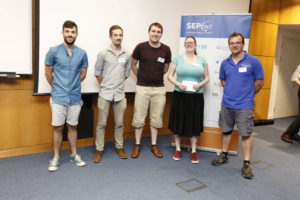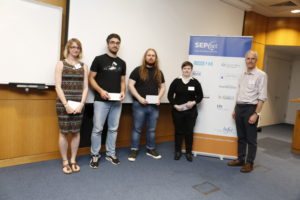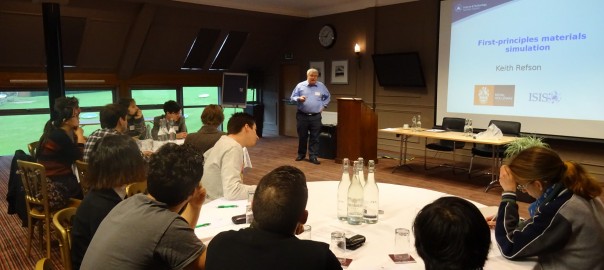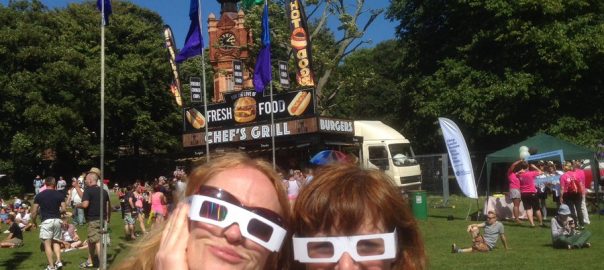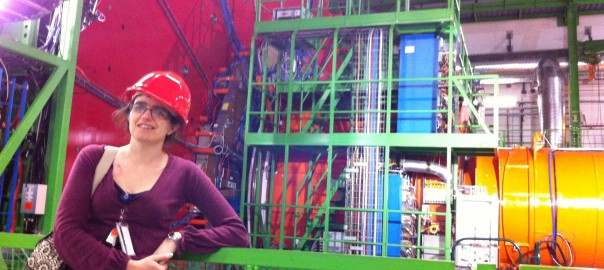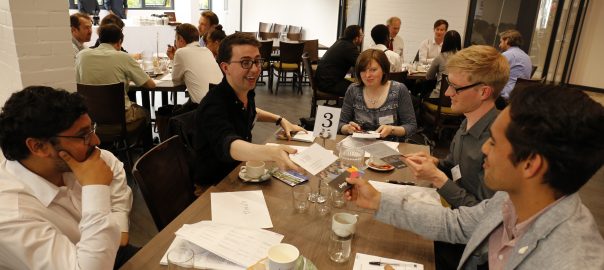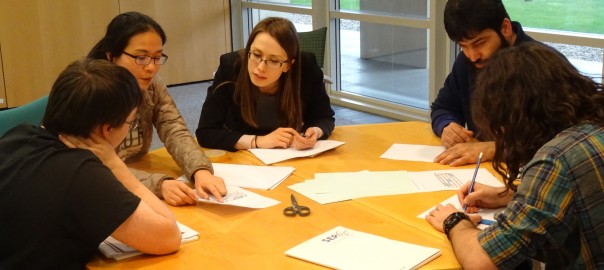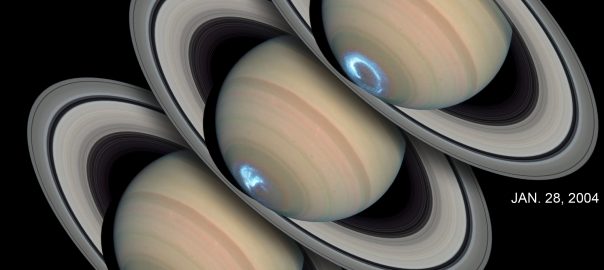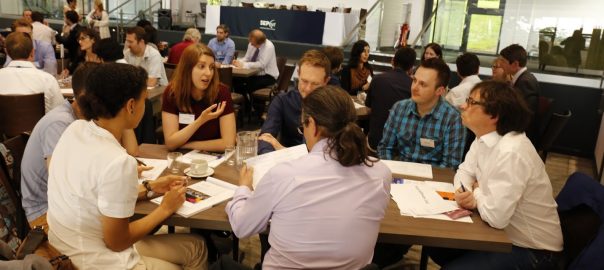ANOTHER SUCCESSFUL GRADNET SUMMER SCHOOL AT NPL!!!
The fourth GRADnet Summer school took place on 3-6 July 2017 at the National Physical Laboratory in Teddington, Middlesex. The school comprised a broad menu of workshops and challenges led by different employers designed to offer students an insight into opportunities beyond their PhD. A consultancy challenge took place on the last day and students worked in teams to create solutions using the skills they have learnt in their PhD.
AN EMPLOYER-LED PROGRAMME: Defence Science and Technology Laboratory, Fourth State Medicine; IBM; Magnox; National Physical Laboratory; Oxford Instruments; RBA Acoustics; Things We Don’t Know; Surrey Satellite Technology Limited and WP Thompson.
SPEAKERS: Dr Paul Stevenson, Reader, University of Surrey; Jane Burston, Head of Climate and Environment, NPL and Dr Michael de Podesta, Principal Research Scientist, NPL.
Thank you to NPL staff in particular Richard Burguete and Gill Coggins from the Postgraduate Institute, Dr Julie Reeves, University of Southampton, Dr Laura Christie, Royal Holloway, University of London and Kay Pearson, SEPnet Employer Liaison Officer, University of Surrey and last but not least, Cristobel Soares-Smith, GRADnet Network Administrator for making this such a successful event!
WHAT THE STUDENTS SAID:
- “This was a fantastic opportunity to work on a real problem. Getting to talk to a real employer about their project of choice and thinking how to solve this problem was very valuable.”
- The most valuable thing they would take away from this year’s summer school was “knowledge and the value of careers outside the PhD. The number of interesting fields is limitless”.
- “This has been a very good summer school, pitched at the appropriate level and a good base to meet fellow students!”.
WINNERS OF THE CONSULTANCY CHALLENGE:
Centre for Integrated Photonics (Huawei)
Team 1: William Evans, University of Sussex, Timothy Eales, University of Surrey, Tong Liu, Queen Mary University of London and Erika Cortese, University of Southampton with Michael Roberts, Research and Collaboration Manager, Centre for Integrated Photonics (Huawei).
Fourth State Medicine:
Team 2: Miroslav Mlejnek, University of Sussex, Katie Ley, Laila Gurgi, University of Surrey and Giulio Violino, University of Hertfordshire with Tom Harle, Chief Technology Officer, Fourth State Medicine.
Surrey Satellite Technology Ltd:
Team 3: Joseph Allen, University of Surrey, Sam Rowley, James Richings and Azaria Coupe, University of Southampton.
People’s Choice: Nicola Abraham, University of Sussex, Filippo Contenta, Tom Coates, University of Surrey and Kerri Loughney, St Mary’s Twickenham with Peter Shaw, Surrey Satellite Technology Limited.
Congratulations to all the winners!
The Students also had great fun building water rockets after the barbecue:
Photographs from the Summer School are available here:

